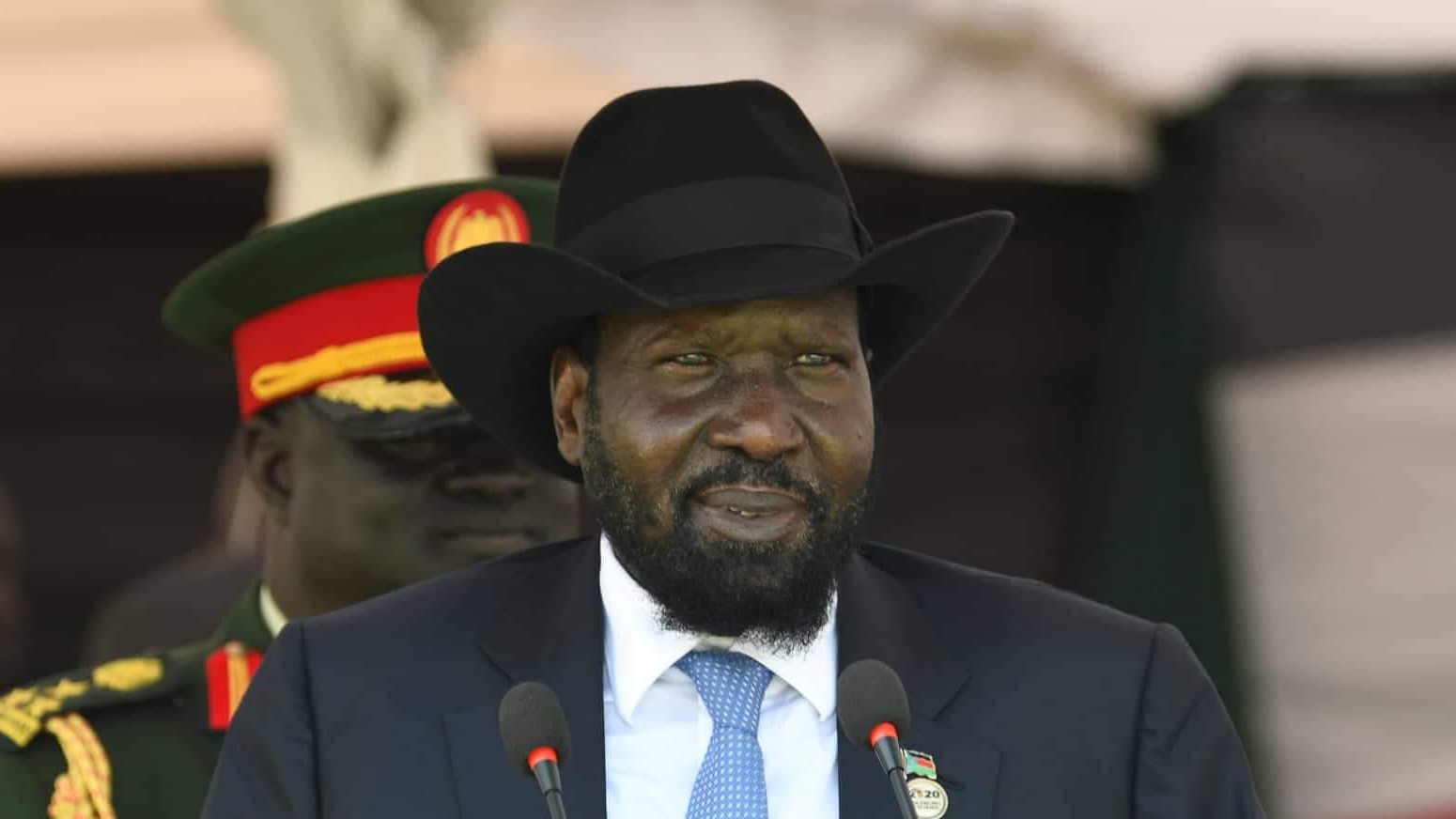South Sudan’s President Salva Kiir has added his voice to IGAD’s call on the donor countries to reconsider their decision to cut support and fund the peace monitoring mechanisms.
On Tuesday, the regional heads of state during an extraordinary assembly in Nairobi, Kenya, revealed that the US government scaled down its support to the South Sudan peace process.
According to the IGAD leaders, the withdrawal of support to South Sudan is crippling the work of critical agreement mechanisms.
The affected mechanisms include the Revitalized Transitional Monitoring and Evaluation Commission, R-JMEC and the Ceasefire Transitional Security Arrangements Monitoring Mechanism, CTSAM-VM.
In his state of the nation address last evening for the marking of the country’s 11th Independence Anniversary, President Kiir said his government is concerned with the donors’ funding cut to what he calls vital peace monitoring mechanisms.
“We are concern by the decision taken by our partners to the monitoring mechanisms that is the Reconstituted Joint Monitoring and Evaluation Commission (R-JMEC), and the Ceasefire Transitional Security Monitoring and Verification Mechanism (CTSAM-VM)”, he said.
The head of state appealed to the peace partners to reconsider their decision and provide the necessary funding to the mechanisms.
This, he said, will enable the peace bodies to discharge their oversight role in the peace implementation.
“These bodies are vital in proving oversight on the issues arising from the implementation of the revitalized peace agreement,” stated Kiir.
“Given their vital roles played by these institutions, I’m adding my voice to that of IGAD to call our partners to reconsider their decision and provide the necessary fund to these institutions to carry out their functions.”’
Early this year, Kiir’s office appealed to the Joe Biden Administration to support the Unity government in its quest for lasting peace.
According to the press secretary in the office of the President, Ateny Wek Ateny, the government required support of the American people to hold free, fair, timely and peaceful elections.
The country’s transitional period is due to end in February next year, but key provisions of the 2018 peace deal such as putting in place a permanent constitution, holding general elections among other key reforms required, are unaccomplished.
However, the US government has often emphasized it would support the peace process if it sees tangible commitment from the peace leaders.

